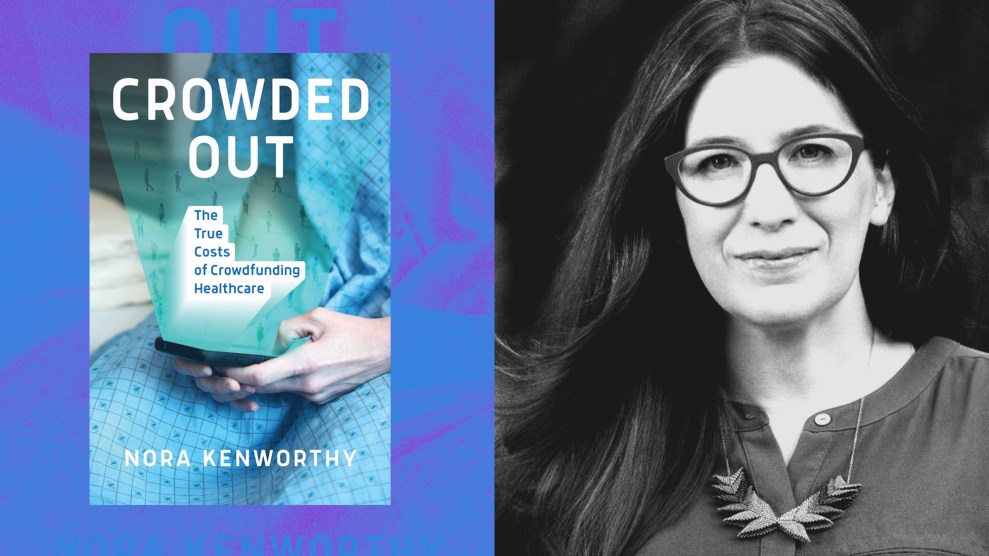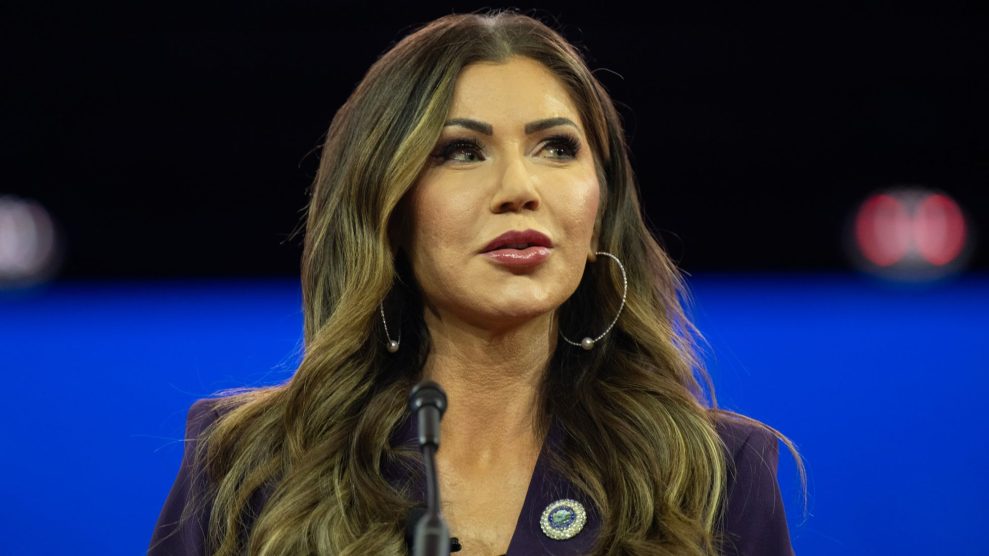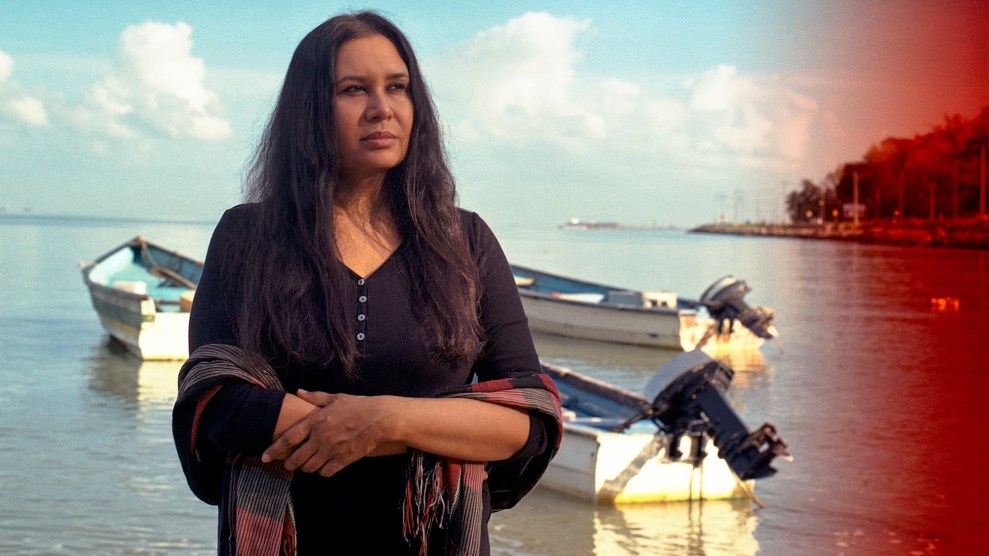In the wake of the media blitz surrounding the Virginia Tech shootings, some are appalled at the airing of the videos, claiming insensitivity. Others may be wondering why the media has reported on the possibility of a backlash against Asians. Why has the media conjured up a scary threat of possible hate crimes with none forthcoming?
I think part of this answer lies in the media’s attempt to address the fears of the post 9/11 climate. Many of us who are of Asian background waited with bated breath when the killer was identified as “Asian.” That’s a pretty damn big category: “Asian” could mean East Asian, South Asian, or Southeast Asian. And for South Asian Americans, vivid memories of post 9/11 backlash loom. People of South Asian descent were the first victims of deadly hate crimes. And just last month, Kuldip Singh Nag—an Indian American who is an Iraq war veteran—was assaulted by the police in Joliet, Ill., for being a “fucking Arab” and a “fucking immigrant.”
So media outlets dutifully remind that entire communities cannot be held responsible for atrocities committed by a lone gunman, but meanwhile they are busy constructing and stereotyping the “Korean American community.” Take for example this LA Times article. To its credit, the article points out that there is a history of minorities having to bear the brunt of collective punishment (think World War II). It also highlights how some Asian Americans are irritated that their so-called “community leaders” are falling over themselves to “apologize” and voice their “collective guilt.” Minorities in this country shouldn’t have to “represent” and “distance” themselves from every act that someone who resembles them commits.
But then, the article goes on to say:
For Korean Americans, the sense of shame may be particularly acute because of their cultural commitment to interdependence. “Here in America, we think of ourselves as much more separate and autonomous,” said Stanford University professor Hazel Rose Markus, an expert in cultural psychology.
“Foundational to Korean thinking is the sense that you need to … adjust yourself to expectations. It’s very, very important that you protect your family face and reputation, recognize that whatever you do has consequences not just for you, but for others as well.”
“Korean thinking”? Wasn’t the idea to suggest that you cannot make generalizations about the presumed thinking of entire peoples? The “Korean community” is no more cohesive and homogenous than the “Muslim community” or “South Asian community.” When the shooters of Columbine went on a rampage, no one in major media outlets quoted “experts” saying, “You see, foundational to white thinking…” They didn’t go looking for loosely defined “white community leaders” to gauge the white community’s collective response. Describing “Korean thinking” and treating the 1.3 million Korean Americans as a uniform group that has informal “representatives” who speak for them is just sloppy.
—Neha Inamdar












